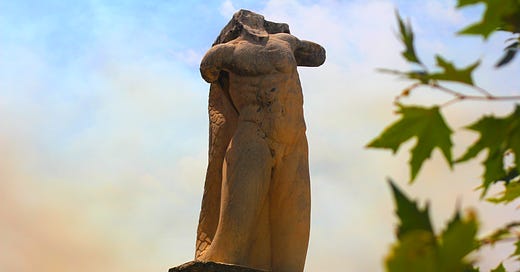God-kings and the deification of the rich
Wealth inequality is bringing back the ancient practice of endowering our rulers with magical powers.
Among the achievements of civilization celebrated in modernist discourse — and still taken for granted today — has been our belated decision to stop revering our rulers as gods. This may seem like a modest accomplishment, but it was not long ago that society thought about power quite differently. In its opening stanza, our earliest work of literature de…
Keep reading with a 7-day free trial
Subscribe to Carl Beijer to keep reading this post and get 7 days of free access to the full post archives.





